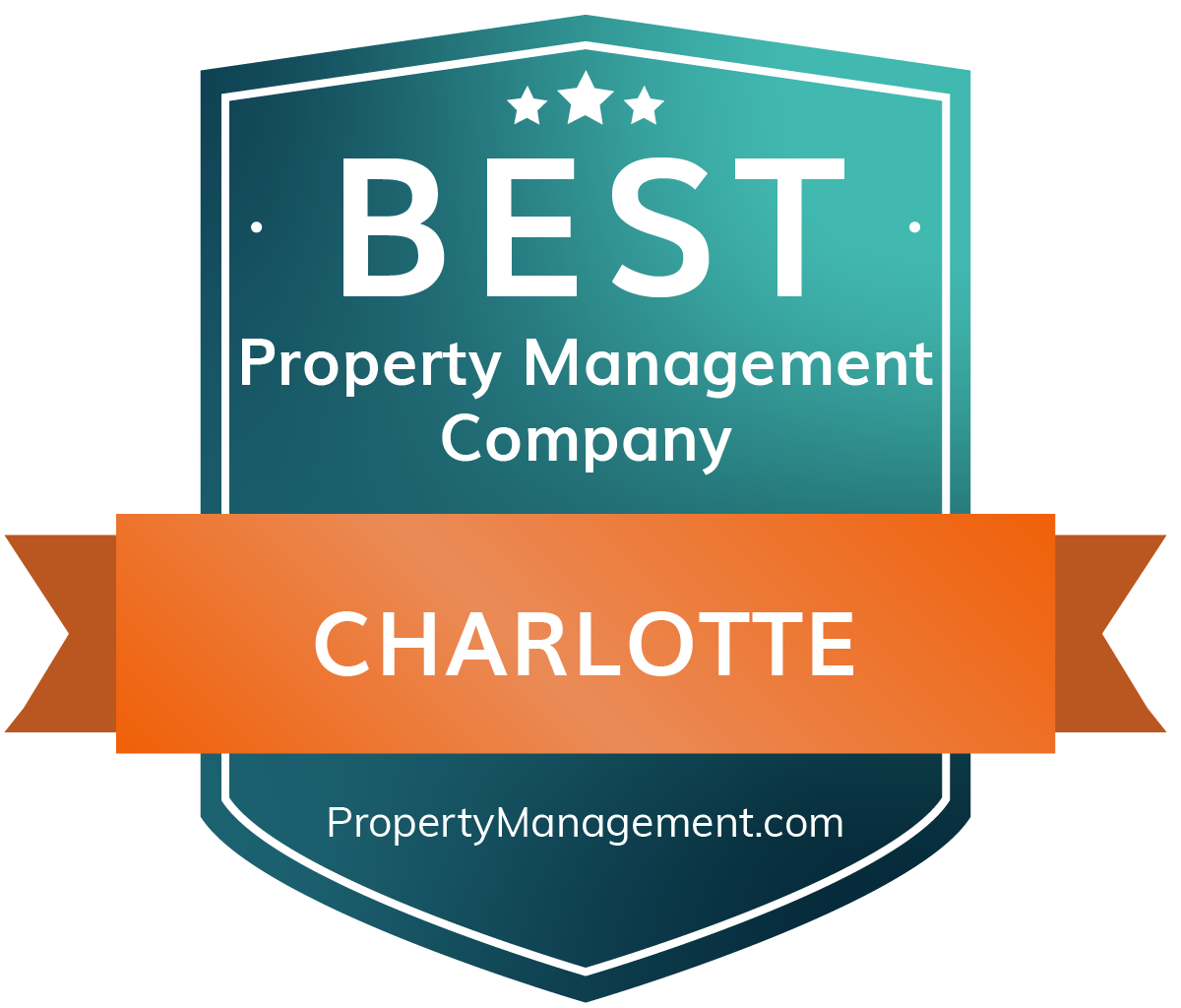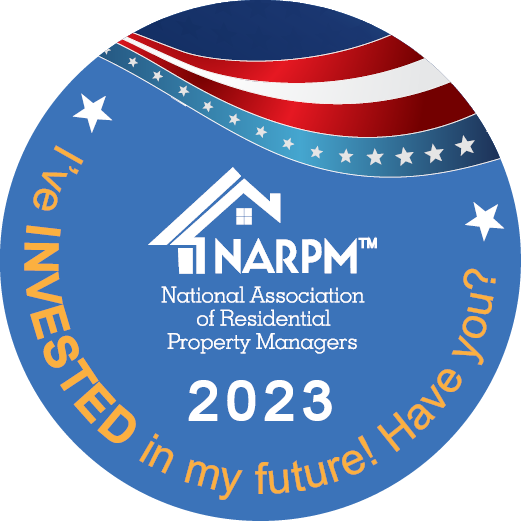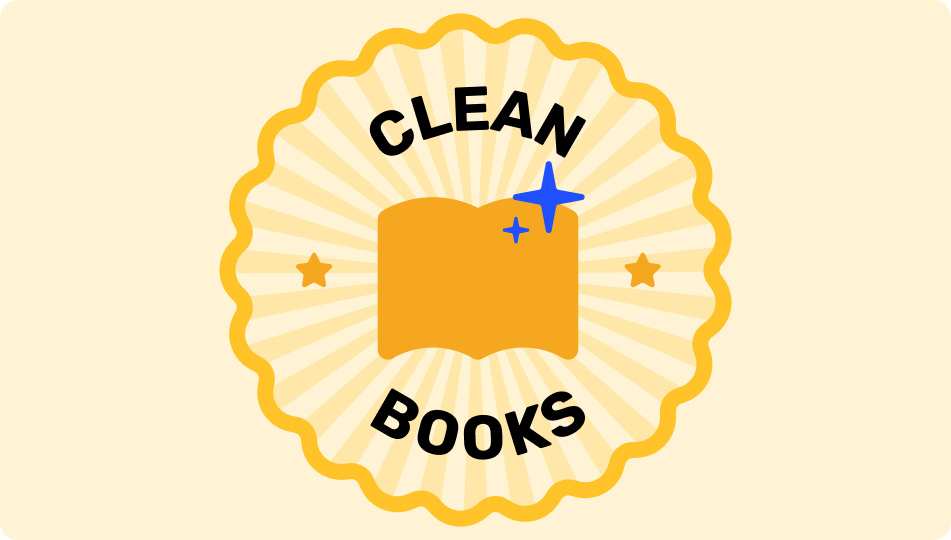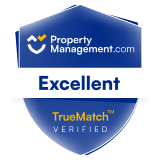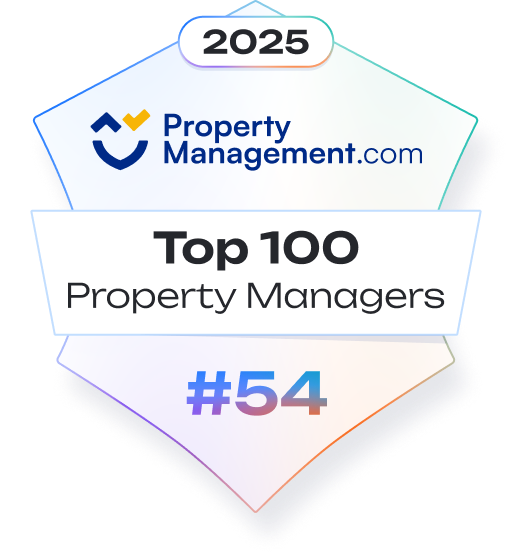Around 47% of people who live in Charlotte are renters.
Being a rental property owner in Charlotte can be incredible with such a big tenant pool. A frustrating aspect of this job is rental property accounting, though.
How can rental property owners stay on top of accounting? Read on for every accounting step you don't want to miss.
Profits and Losses
Profits and losses are the cornerstone of rental property accounting. As a landlord, your goal is to generate a profit from your rental properties. Profits occur when your rental income exceeds your expenses, which can include the following:
- Mortgage payments
- Property maintenance
- Other everyday costs
Losses occur when your expenses outweigh your rental income. Understanding your profits and losses is essential for making informed financial decisions regarding your rental properties.
Income Statement
An income statement is a crucial financial document for landlords. It provides a detailed overview of your rental property's financial performance. Your income statement includes the following:
- Your rental income
- Expenses
- Your profit or loss
It's essential to maintain accurate and updated income statements to track your financial progress and prepare for business taxes.
Tax System
Like any other business, rental property owners in Charlotte are subject to business taxes. Understanding the tax regulations there is essential. Income from your rental properties is taxable, and you may also be eligible for certain tax deductions.
It's best to consult a tax professional or accountant with experience in rental property tax matters. Proper tax preparation can help you minimize your tax liability and avoid potential legal consequences. Keep organized records of your rental property financial transactions throughout the year to simplify this process.
Capital Expenditure
Capital expenditures refer to major expenses related to your rental property. They extend its useful life or improve its condition.
These expenses are not deducted in full in the year they're incurred. They depreciate over time.
Understanding the distinction between capital expenditures and regular operating expenses is essential for accurate accounting. These are common examples of capital expenditures:
- Property renovations
- Major repairs
- The purchase of expensive equipment
Bank Account
Maintaining a separate bank account for your rental property business is a wise financial practice. This account will help you keep your personal and rental property finances separate. It simplifies the tracking of income and expenses related to your properties.
Having a dedicated rental property bank account also makes it easier to do the following:
- Manage financial transactions
- Monitor cash flow
- Prepare for tax season
Business Expenses
Running a rental property business involves these expenses:
- Property maintenance
- Insurance
- Utility bills
- Property management fees
To maintain accurate accounting records, keep track of all your business expenses. It's important to document every expense related to your rental properties, no matter how small.
Would You Like Rental Property Accounting Help?
Rental property accounting in Charlotte takes a lot of effort. You can't afford to miss any of these accounting steps. Staying on top of this will protect your rental property business.
Do you like the idea of getting rental property accounting help? Contact Carolina Property Management to chat about our property management solutions.









